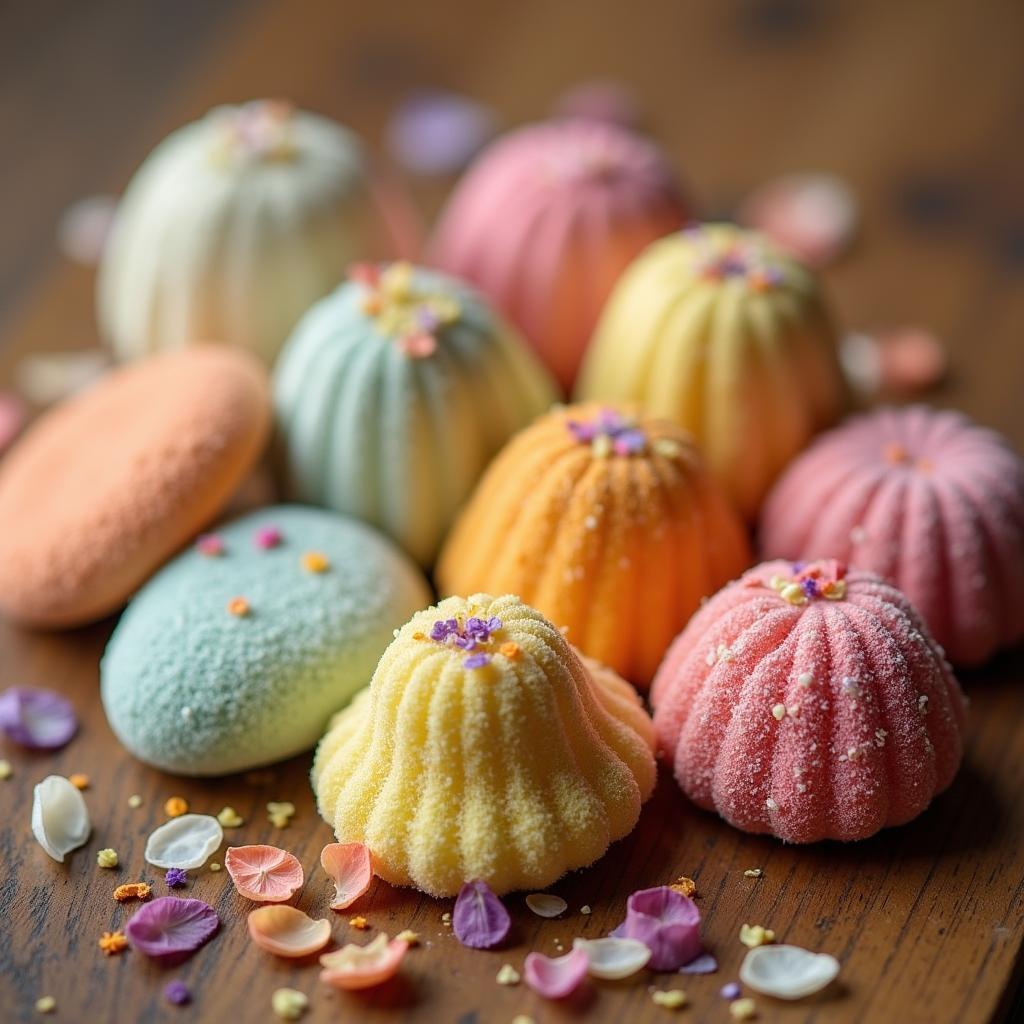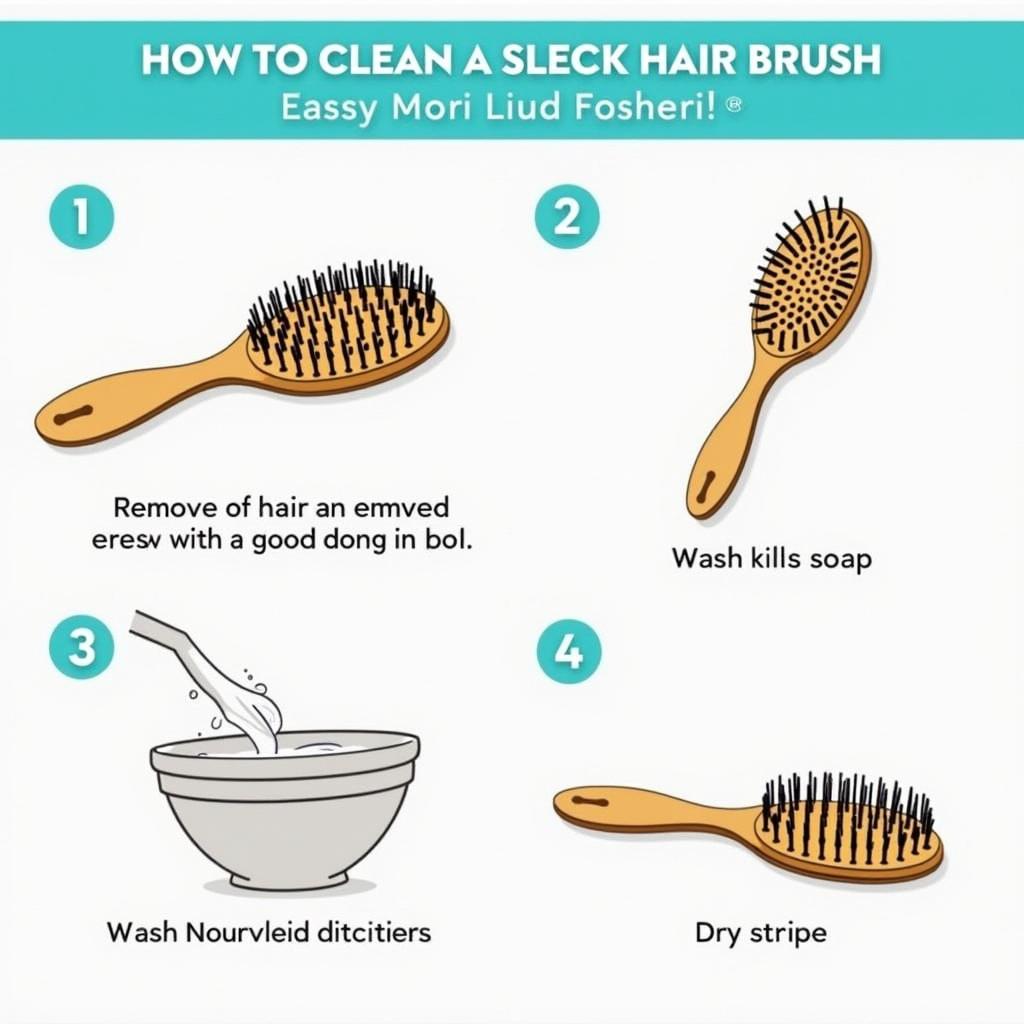What Happens If You Put Conditioner on Your Scalp?
- AmazoniaSilva
- Tháng 12 16, 2024
- Zodiac signs
- 0 Comments
Conditioner on your scalp? It’s a question many ponder while in the shower. Applying conditioner directly to the scalp can have both positive and negative consequences, depending on your hair type and the product you use. Let’s dive into the potential benefits and drawbacks of putting conditioner on your scalp, helping you determine the best approach for your hair care routine.
The Great Conditioner Debate: Scalp vs. Ends?
The traditional advice has been to apply conditioner solely to the ends of your hair, avoiding the scalp entirely. This is because conditioner is designed to moisturize and smooth the hair shaft, which tends to be drier and more damaged towards the ends. The scalp, on the other hand, naturally produces oils (sebum) that condition the hair near the roots. However, this advice doesn’t always apply to everyone.
Why You Might Consider Conditioning Your Scalp
For those with dry, itchy, or flaky scalps, applying conditioner can provide relief and hydration. Certain scalp conditions, like dandruff or seborrheic dermatitis, can benefit from the moisturizing and soothing properties of some conditioners. Additionally, individuals with coarse, thick, or curly hair might find that conditioning their scalp helps detangle and manage their locks.
Why You Might Want to Avoid It
If you have fine, thin, or oily hair, applying conditioner to your scalp can weigh it down and make it appear greasy. It can also clog pores, leading to buildup and potentially contributing to hair loss. Some conditioners contain ingredients, such as silicones, that can further exacerbate these issues.
Choosing the Right Conditioner for Your Scalp
If you decide to condition your scalp, it’s crucial to choose the right product. Look for lightweight, clarifying conditioners specifically formulated for scalp application. Avoid heavy, creamy formulas that are more suited for the ends of your hair. Ingredients like tea tree oil, aloe vera, and menthol can be beneficial for soothing irritated scalps.
Navigating the Ingredient List
Understanding the ingredients in your conditioner is key to avoiding potential issues. Steer clear of silicones, which can build up on the scalp and clog pores. Opt for conditioners with natural oils and humectants that provide hydration without weighing down the hair.
Tips for Applying Conditioner to Your Scalp
- Use a small amount: Start with a dime-sized amount and adjust as needed.
- Focus on the roots: Gently massage the conditioner into your scalp using your fingertips.
- Rinse thoroughly: Ensure all traces of conditioner are removed to prevent buildup.
- Listen to your hair: Pay attention to how your hair reacts and adjust your routine accordingly.
What if conditioner gets in my hair?
If conditioner inadvertently gets into the lengths of your hair, it’s not necessarily a cause for alarm. Simply rinse it out thoroughly. However, if you notice your hair becomes weighed down or greasy, adjust the amount you use next time.
Finding Your Perfect Balance
Ultimately, whether or not you should condition your scalp depends on your individual hair type and needs. Experimenting with different techniques and products is the best way to find what works best for you.
In conclusion, applying conditioner to your scalp can be beneficial for those with dry or irritated scalps, but it’s crucial to choose the right product and apply it correctly. Pay attention to how your hair responds, and adjust your routine accordingly to achieve healthy, happy hair. If you continue to experience scalp issues, consider consulting a dermatologist or trichologist.
FAQ
- Can conditioner cause hair loss? Applying too much conditioner to the scalp, especially heavy formulas, can clog pores and potentially contribute to hair thinning, but it’s not a direct cause of hair loss.
- How often should I condition my scalp? If you have a dry scalp, you can condition your scalp every time you wash your hair. For other scalp types, less frequent application might be sufficient.
- What are the best ingredients for a scalp conditioner? Look for ingredients like tea tree oil, aloe vera, and menthol for soothing and hydrating benefits.
- Can I use regular conditioner on my scalp? While possible, it’s recommended to use a lightweight conditioner specifically formulated for scalp application.
- How can I tell if I’m using too much conditioner on my scalp? If your hair feels greasy or weighed down after conditioning, you’re likely using too much product.
- Is it necessary to condition my scalp if I have oily hair? It’s generally not recommended, as it can exacerbate oiliness.
- What should I do if my scalp is still dry after conditioning? Consult a dermatologist or trichologist to rule out any underlying scalp conditions.
For further assistance, please contact us at [email protected] or visit our office at Fifth Avenue, 34th Floor, New York, NY 10118, USA. We have a 24/7 customer service team ready to help.

